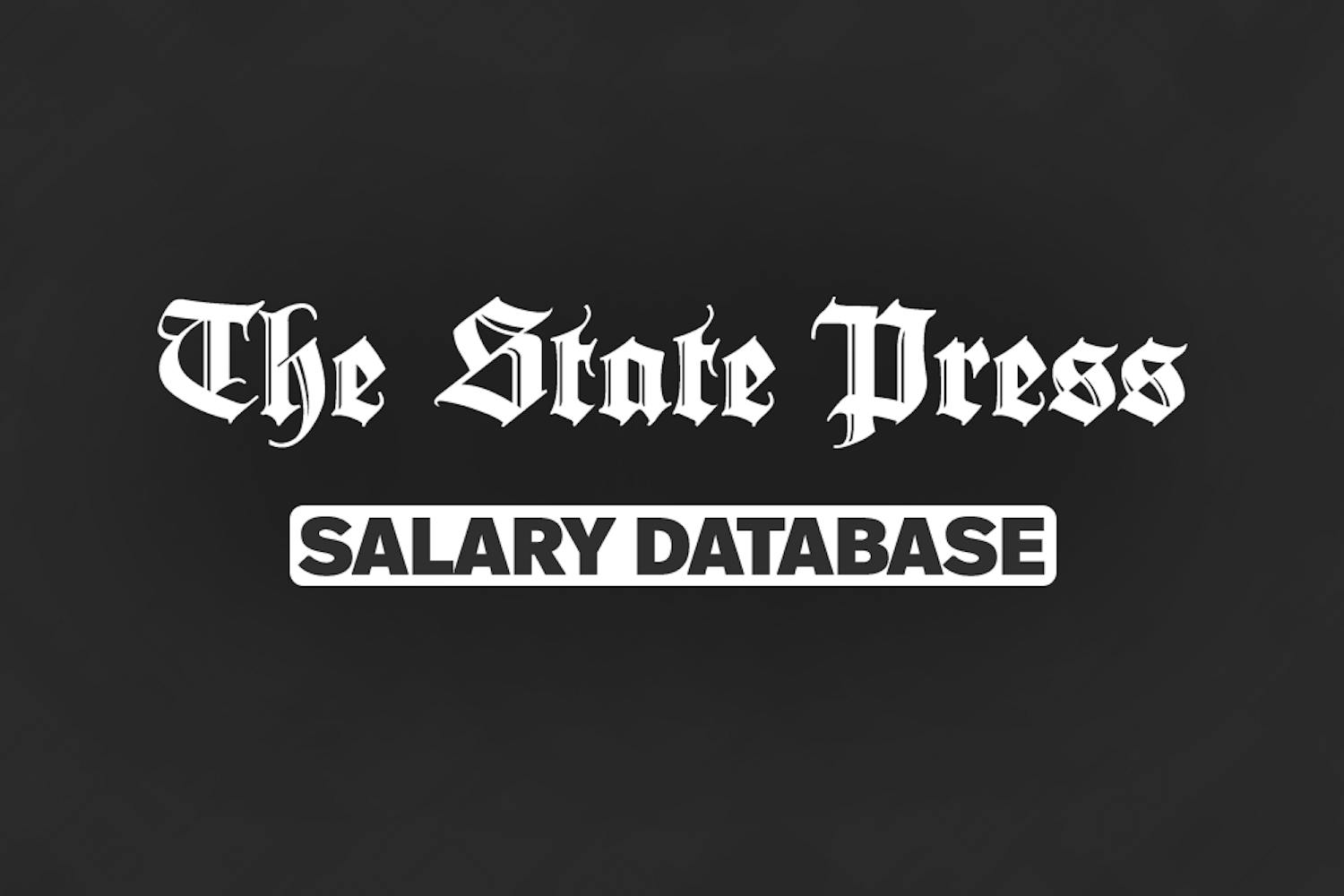ASU faculty is partnering with a nonpartisan think-tank to look into the future of war, as well as the profound social, cultural, political and economic implications of such conflict, on both the national and international levels.
The Future of War project was officially launched Sept. 2 as a partnership between the University and New America, a Washington, D.C.-based civic organization. It will serve as a long-term, interdisciplinary research initiative that connects scholarship with real-world impact.
Brad Allenby, president’s professor of civil, environmental and sustainable engineering and law, who is working with the project, said the Future of War is the kind of project ASU is starting to be known for.
“The Future of War Project is a highly commendable and sophisticated effort to address some of the pressing issues arising from the geopolitical conflict, and rapid changes in military and security technologies, that for better or worse characterize our time,” Allenby said.
Peter Bergen, co-director for the Future of War project and vice president at New America, will be leading the project from New America and will be working closely with University officials.
“As war evolves, law has to evolve with it,” he said. “International law should govern the new age of warfare, which is really different from what it has been in the past.”
Bergen said throughout the last couple of centuries, war has been governed by law, which both nationally and internationally, must adapt to the changing forms of warfare, to account for whether certain actions should be considered legal acts of war, or crimes.
For example, the project may question whether or not there should be an internationally agreed upon understanding of what makes a cyber attack an act of war, Bergen said.
Cyber warfare, as well as the use of drones, terror, weapons of mass destruction and global surveillance are among the modern factors that will affect the way in which future wars will be conducted.
Throughout the U.S.'s nearly decade and a half of involvement in global conflicts, experiences regarding the emergence of new warfare technology, as well as the threats posed by terror groups, have indicated significant shifts in the meaning and practice of war, according to a press release.
Daniel Rothenberg, School of Politics and Global Studies professor, will be co-directing the project with Bergen.
He said he hopes the project will encourage serious, critical, engaged thinking and action in relationship to present questions of conflict in war.
New America and ASU are furthering their partnership in the Future of War Project with D.C. Faculty Policy Seminars, which will give ASU faculty the opportunity to discuss the findings of their research with policymakers and media.
Rothenberg said there have often been communication barriers between researchers and policymakers, though faculty’s discoveries may be significant to a broader community.
“The idea there is to create a communicative relationship with these audiences that scholars and academics often don’t reach, which is to say, the policy-making community, the media community,” Rothenberg said.
In addition to the research and publications that the project will produce from the new Center for the Future of War at ASU, the initiative will also be hosting an annual Future of War conference, with the first event being planned for late February 2015.
The project will feature ASU Future of War events at ASU and in the Phoenix area, but both Bergen and Rothenberg hope to gain student engagement through educational programming, such as the Future of War course, which they will co-teach.
“We’ll change the way that war is conducted both in the United States and in other countries,” Bergen said.
CORRECTION: Due to a reporting error, a previous version of this article improperly attributed a quote. This version has been updated with the proper attribution.
Reach the reporter at ekamezak@asu.edu or follow her on Twitter @emikamezaki



